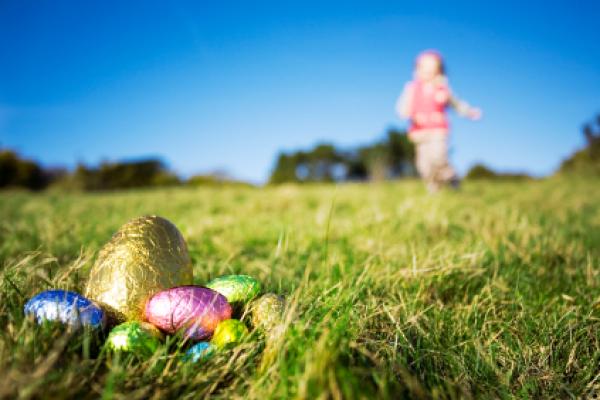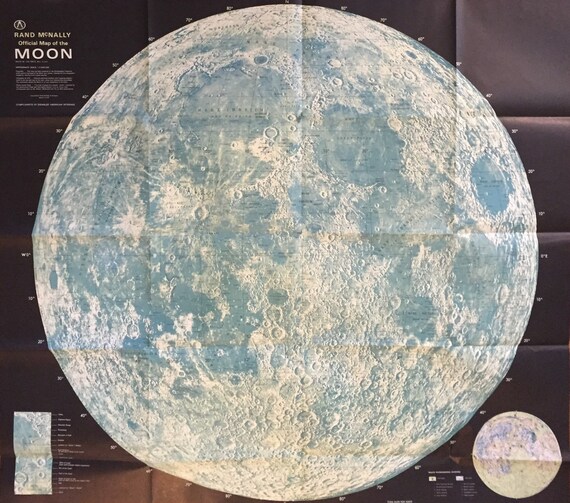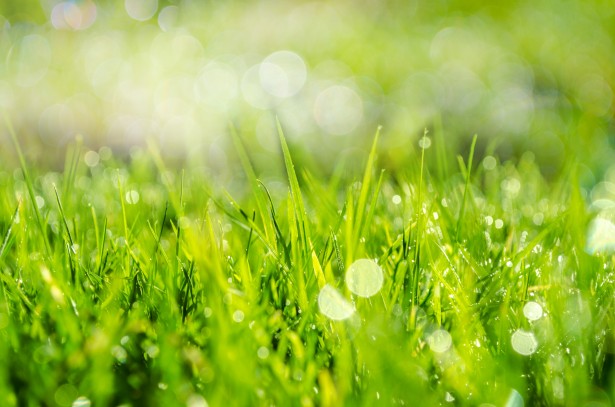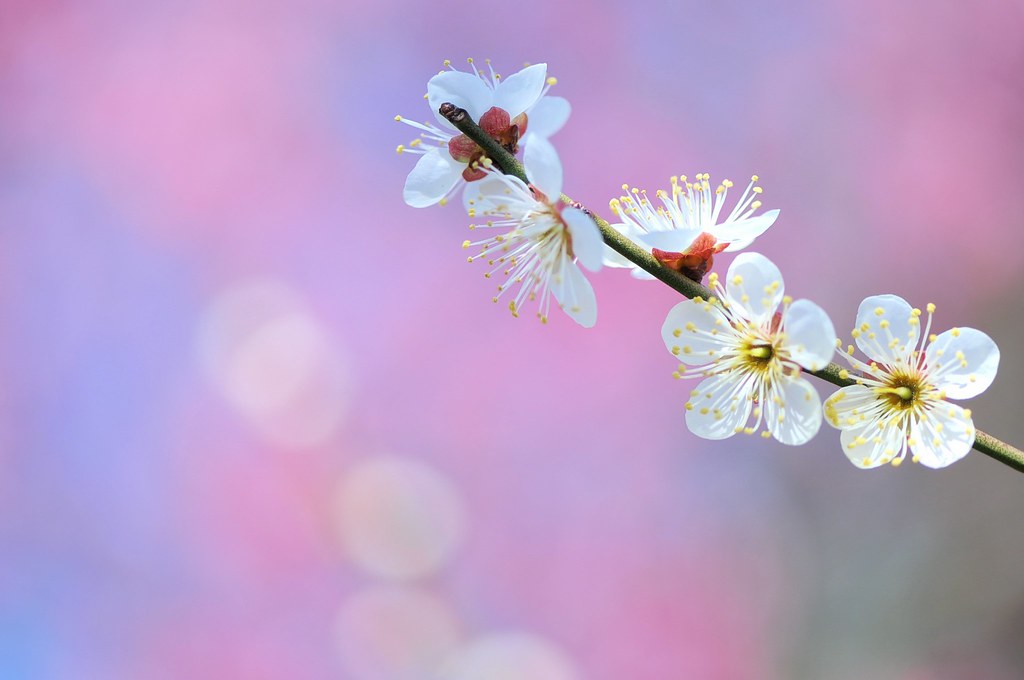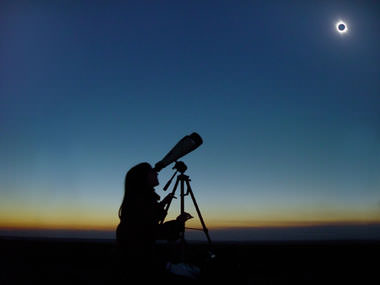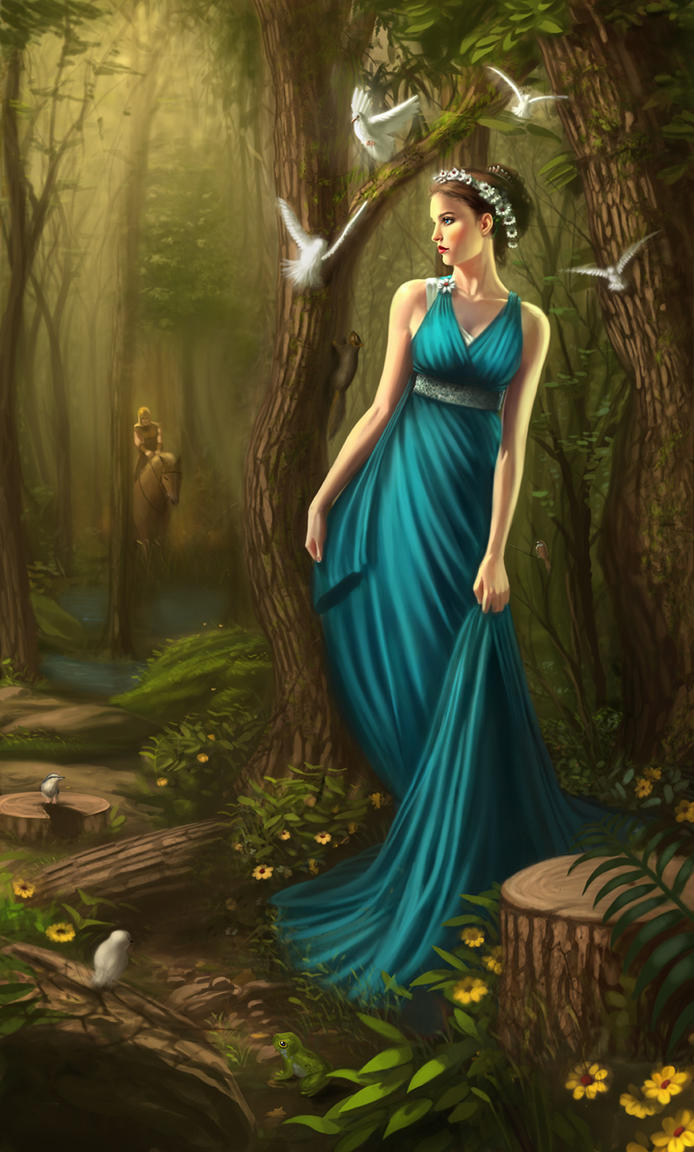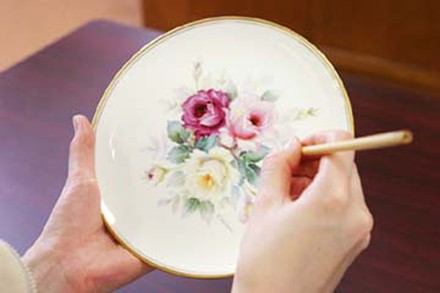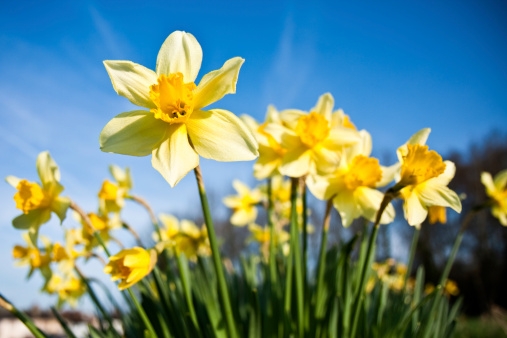
Of all the leaders of the Easter Rising, Patrick Pearse is perhaps the most fascinating. Poet, teacher, educator, headmaster, Irish language enthusiast, lawyer, orator, cultural nationalist, he was an idealistic and intelligent man as well as a fervent and passionate revolutionary. Pearse was the figurehead of the Rising, the one who read the Proclamation outside the GPO and also the main man behind the writing of it.
PH Pearse or Padraig MacPiaras or simply 'Pat' to his family and friends, was a complex character and also a contradictory one, held equally in admiration and criticism by biographers since. While his speeches from 1914 on are filled with an inflammatory rhetoric of violence and a lust for 'blood sacrifice', the same man was to be found faltering at the sight of bloodshed in the GPO and ultimately surrendered to prevent any further civilian casualties.
After he was executed, General Blackadder, President of the court martial is acknowledged to have said of Pearse: "I have had to condemn to death one of the finest characters I have ever come across. There must be something very wrong in the state of things that makes a man like Patrick Pearse a rebel."
Pearse wrote this poem, one of his most famous, for his mother Margaret, urging her not to grieve for her losses, knowing that he and his brother Willie (who only played a small part in the rebellion) would inevitably be killed for their part in the Rising. Also included below is the poem he wrote in his cell in Kilmainham, the night before his execution.
#1916EasterRisingPoets
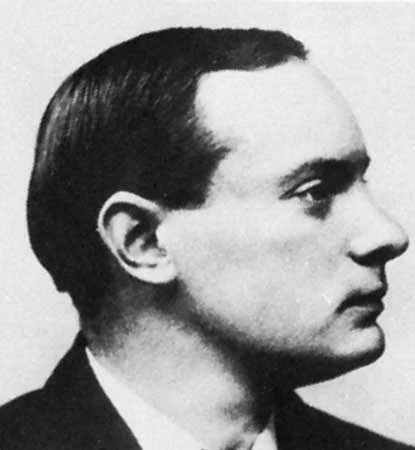
Mother - Patrick Pearse
I do not grudge them: Lord, I do not grudge
My two strong sons that I have seen go out
To break their strength and die, they and a few,
In bloody protest for a glorious thing,
They shall be spoken of among their people,
The generations shall remember them,
And call them blessed;
But I will speak their names to my own heart
In the long nights;
The little names that were familiar once
Round my dead hearth.
Lord, thou art hard on mothers:
We suffer in their coming and their going;
And tho' I grudge them not, I weary, weary
Of the long sorrow - And yet I have my joy:
My sons were faithful, and they fought.
The Wayfarer - Patrick Pearse
The beauty of the world hath made me sad,
This beauty that will pass;
Sometimes my heart hath shaken with great joy
To see a leaping squirrel in a tree,
Or a red lady-bird upon a stalk,
Or little rabbits in a field at evening,
Lit by a slanting sun,
Or some green hill where shadows drifted by
Some quiet hill where mountainy man hath sown
And soon would reap; near to the gate of Heaven;
Or children with bare feet upon the sands
Of some ebbed sea, or playing on the streets
Of little towns in Connacht,
Things young and happy.
And then my heart hath told me:
These will pass,
Will pass and change, will die and be no more,
Things bright and green, things young and happy;
And I have gone upon my way
Sorrowful.
This beauty that will pass;
Sometimes my heart hath shaken with great joy
To see a leaping squirrel in a tree,
Or a red lady-bird upon a stalk,
Or little rabbits in a field at evening,
Lit by a slanting sun,
Or some green hill where shadows drifted by
Some quiet hill where mountainy man hath sown
And soon would reap; near to the gate of Heaven;
Or children with bare feet upon the sands
Of some ebbed sea, or playing on the streets
Of little towns in Connacht,
Things young and happy.
And then my heart hath told me:
These will pass,
Will pass and change, will die and be no more,
Things bright and green, things young and happy;
And I have gone upon my way
Sorrowful.






